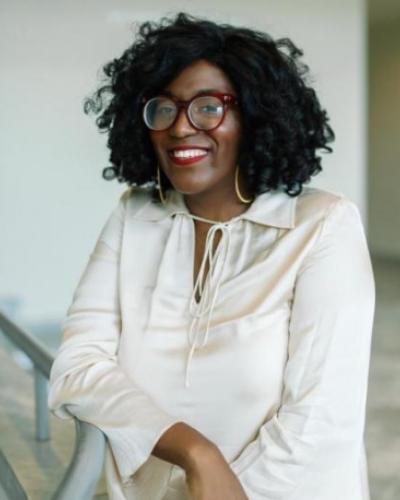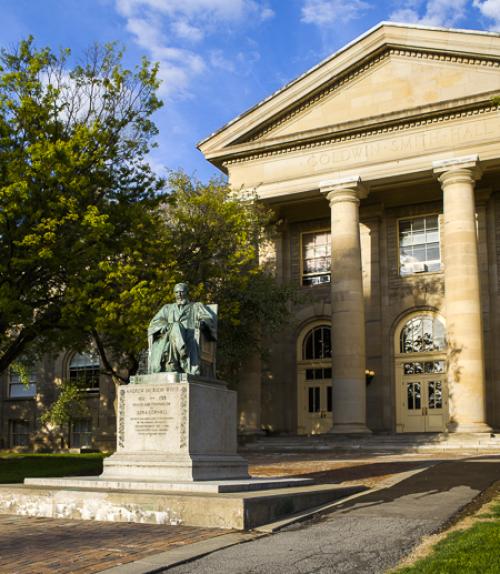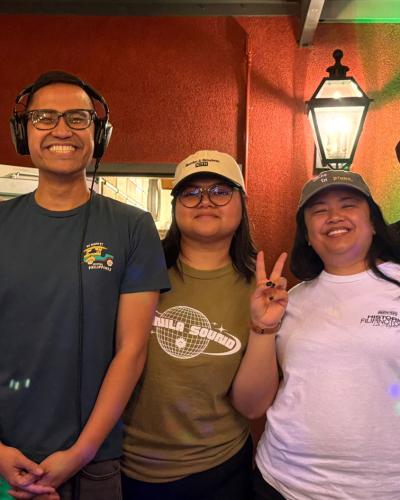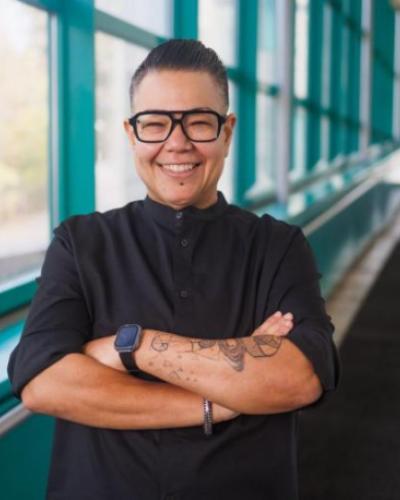The weekly meetings of the Phoenix Players Theatre Group (PPTG) always begin and end with an outpouring of goodwill, perhaps remarkable considering the setting. The members of the ensemble are tremendously open, emotionally and intellectually. Shoulder bumps and warm handshakes are exchanged, and gratitude is freely offered. Following the greetings, we all chat informally about news inside and outside the prison walls. On one memorable occasion, we talked about how a cellblock had been locked down for an investigation into an alleged suicide. More often, we talk about our families. We then gather into a circle, with the civilian volunteers evenly dispersed among the incarcerated ensemble members. In unison, the group recites the motto: We are a community of transformation.Through the power of self-discovery,we create the opportunityto know and grow into ourselves. In 2009 Michael Rhynes and Clifford Williamson, incarcerated men in the Auburn Correctional Facility in central New York, founded the Auburn Phoenix Players. Shortly thereafter, the two renamed the company to form PPTG. They did this because they both realized that, while they were “in” Auburn, they were not “of” Auburn. In the founders’ own words, “PPTG is a grassroots program developed by and for incarcerated persons and communities in a maximum security prison. It is a transformative theatre community, which utilizes theatre to reconnect incarcerated people to their full humanity.” [1] Even though the group invites several civilian facilitators into its meetings, PPTG is run and operated by incarcerated people. Every Friday evening the group’s civilian facilitators venture into the prison and the incarcerated performer-writers venture out of their cells to meet in the Osborne Schoolhouse located inside Auburn’s walls. Together, they devise theatre pieces, rehearse scenes and monologues, discuss current events, and share personal stories. Over the past several years, PPTG has developed an audition, training, and rehearsal sequence spanning a year and a half, culminating in a performance for an invited audience of about 80 non-incarcerated people. One of the group’s key concepts, transformation, works in two directions: It originates within the participants to repair and restore the aspects of their humanity fractured in incarceration, and at the same time it works from without, helping to alter public perception of the people reductively marked “criminal.” By creating space for its incarcerated members to use the body in ways not usually permitted in prison, PPTG encourages them to stretch outside the paradoxically uncomfortable comfort zone of punitive incarceration, and to reach their full potential as human beings—both in the eyes of non-incarcerated society and of the participants themselves. Transformation is a common goal for prison theatre groups, and for PPTG transformation is a communal practice, a recurrent process one undertakes with others. In distinction from the stated rehabilitative mission of the New York State Department of Corrections, the transformation that occurs in PPTG does not assume a mechanical return to a population of self-possessed and productive “normal” citizens, a false promise if there ever was one. PPTG’s transformation comes from within and is undertaken daily and by all those who wish to participate. It is not only the “offenders” who transform, but all those willing to bear witness to the group as well. Read the full article and view the accompanying video.
 Department Homepage
The College of Arts & Sciences
Department Homepage
The College of Arts & Sciences
"Rehearsing Transformation In An American Prison" by Nick Fesette and Bruce A. Levitt



